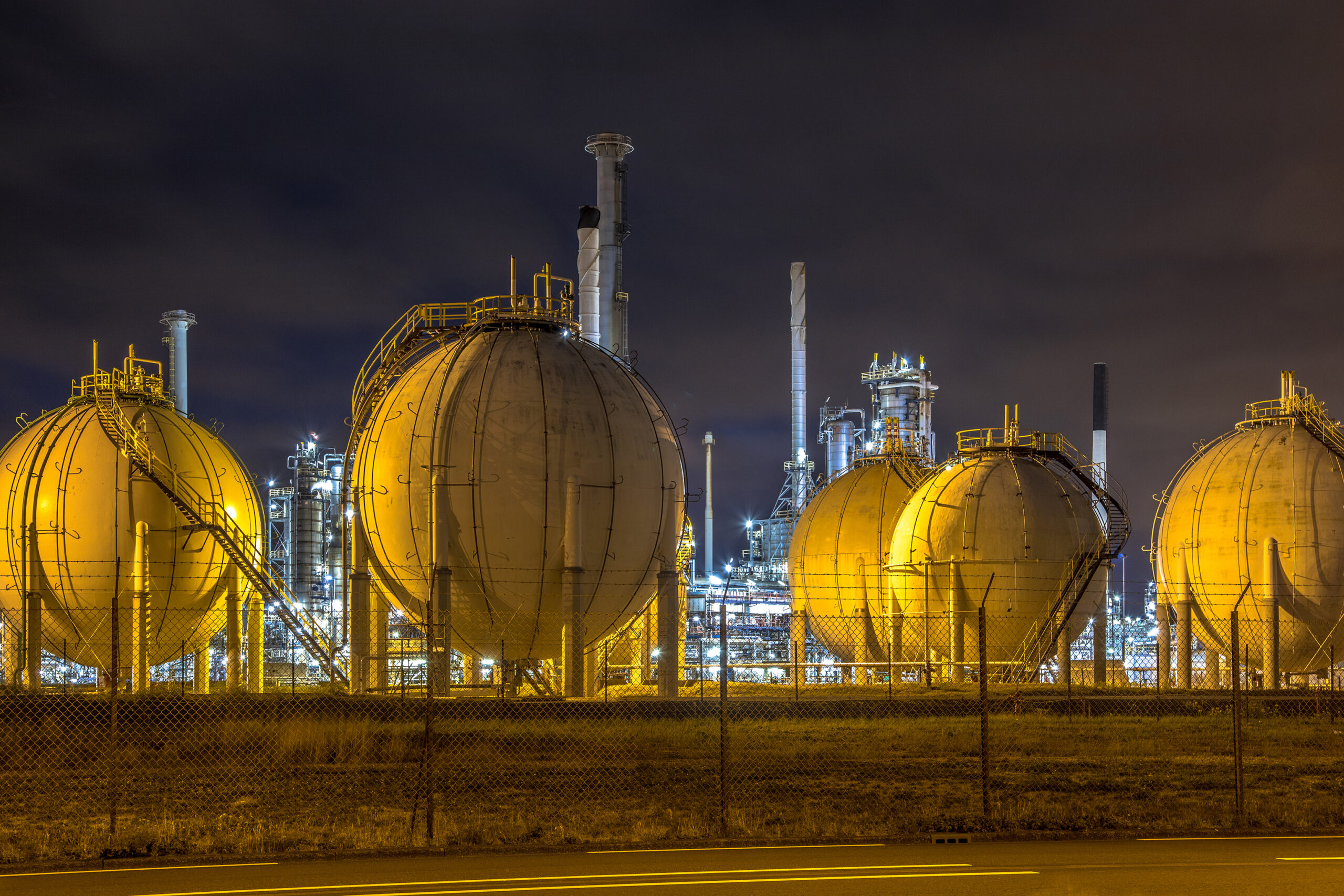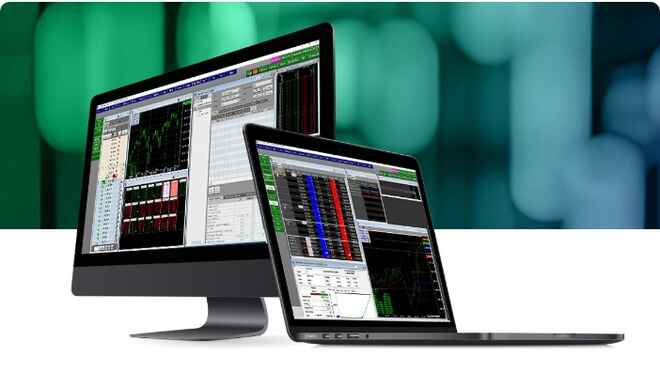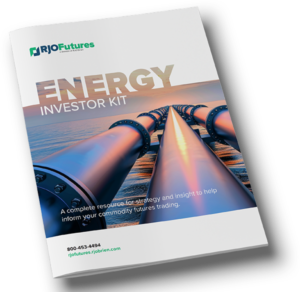Starting in the late 1970s, energy futures are relatively new in comparison to other commodity markets; they grew out of a need to control price volatility with risk management. Futures and options have been integral in keeping prices in check, while also letting the market move naturally with geopolitical events. Like with most commodity markets, supply and demand drive the energy markets. Unlike other commodity markets, supply and demand are greatly affected by international politics. To protect prices from quick dramatic swings, futures and options regulate how much prices can change in a given timeframe. This is to protect consumers and producers alike.
Popular Energy Futures
RJO University
Gain the knowledge and skills to trade futures with confidence. Access in-depth guides, market analysis, and actionable insights. Whether you’re a novice or seasoned trader, our century of industry experience empowers you to navigate complex markets and make informed decisions. Start your journey with RJO’s trusted expertise.
 Energy Futures
Energy Futures
The Basics of Natural Gas Futures Trading: A Beginner’s Guide
 Crude Oil Futures
Crude Oil Futures
Reasons to Trade Natural Gas Futures
 Crude Oil Futures
Crude Oil Futures
Top Three Technical Indicators for Oil Traders
 Agriculture Futures
Agriculture Futures




